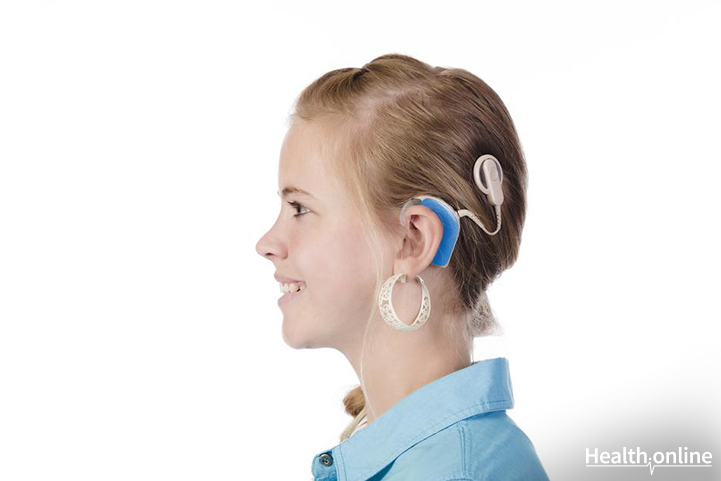
All You Need to Know About Cochlear Implants
A cochlear implant is a small, complex electronic device that can help to provide a sense of sound to a person who is profoundly deaf or severely hard-of-hearing. This device processes external sounds that it receives from the environment. It then sends electric impulses to activate the auditory nerves. These nerves alert the brain to the sounds and help recognize various signals.
Recommended Read: 5 Things to Keep in Mind While Buying a Hearing Aid
Here are some facts you must know about cochlear implants that can help you make a decision about its use.
Pros:
Many people suffer from hearing problems because their hair cells in the inner ear or (or cochlea) are damaged. The cochlear implant enables the sound to be transferred to your hearing nerves and enables you to hear. In children, improvements after cochlear implants show up slowly. But people with cochlear implants can hear normally and understand speech better. This device can help people hear better and improve their ability to speak as well. Children with cochlear implants can attend traditional school without facing any trouble in hearing. People who use cochlear implants have the ability to hear various sounds of different intensities over telephones and speakers.
Cons:
Cochlear implants can cause many health problems. It can cause facial nerve injury during the implantation surgery and cause partial or full face paralysis. The implant also increases the risk of meningitis. Some problems can be blood pooling at the surgical site such as the leakage of cerebrospinal fluid, ear numbness and tinnitus (ear buzzing). It can even disturb your taste sensations and can cause damage during the implant procedure. There is a risk that use of cochlear implants may not improve hearing. The outcome may depend on several factors of the implant. There is a chance that your body doesn’t accept the implant. The rejection of the device can also cause inflammation in the ears.
Things to know before getting a cochlear implant
- Cochlear implant removal may be necessary in case any infection becomes severe.
- Use of a cochlear implant can result in the loss of any residual hearing.
- Improvements in hearing may not be the same for all. Many people experience excellent results but others may not find a difference.
- Waterproof cochlear implants are also available.
- You can use cochlear implants in both your ears.
- The procedure of implanting the device can be very expensive. Cochlear implant surgeries are not covered by all insurance plans . It is important to check with your insurance provider before the surgery.
Keep yourself updated with the latest on Healthy Aging . Like us on Facebook and follow us on Twitter for more on Health , Diet & Nutrition and Fitness . Also, check out our Health Tools and try out our health-related Quizzes .




